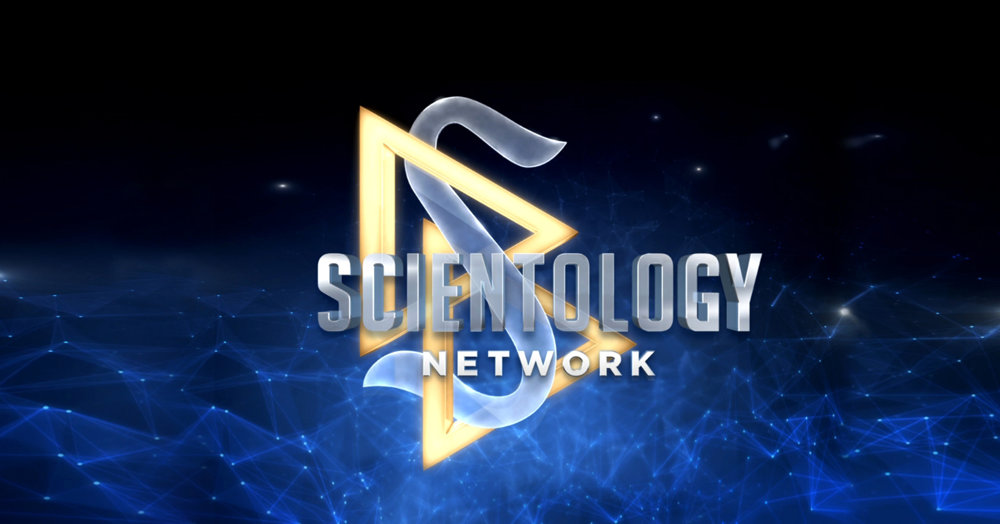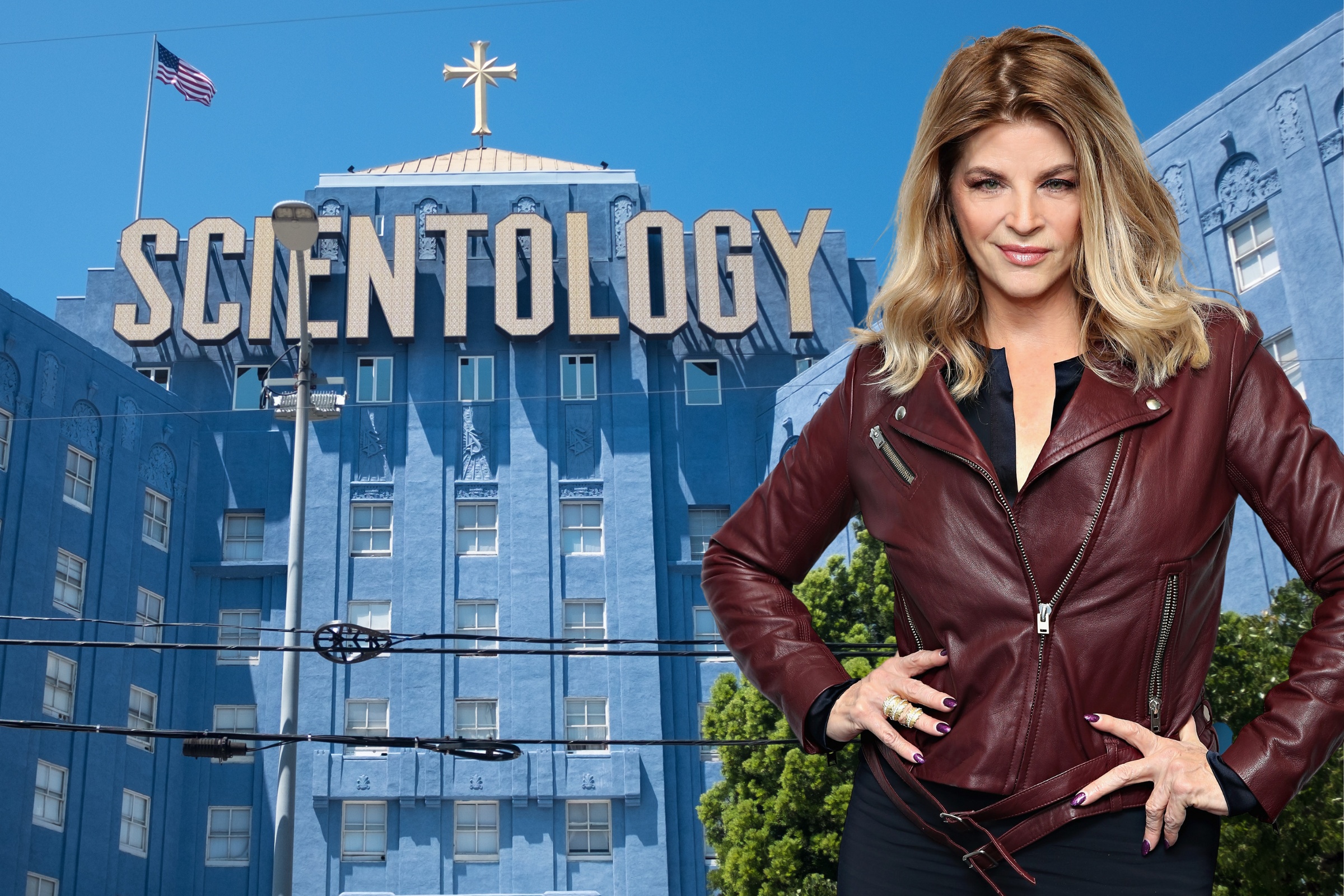What is Scientology? Checking Out the Core Tenets and Ideas
What is Scientology? Checking Out the Core Tenets and Ideas
Blog Article
Introducing the Beliefs and Practices of Church of Scientology
As a intriguing and usually controversial topic, the Church of Scientology has actually long mixed curiosity and debate - Scientology Randburg. Started by L. Ron Hubbard in the mid-20th century, this spiritual activity incorporates an one-of-a-kind collection of ideas and techniques that have actually garnered both attraction and suspicion. Central to Scientology is the idea of bookkeeping, a type of spiritual counseling targeted at accomplishing a state of clearness and self-realization. Nonetheless, past this core method lie elaborate layers of doctrine and organizational structures that add to the aura surrounding the Church. From its enigmatic Sea Company to the participation of top-level celebs, Scientology's internal operations proceed to mesmerize doubters and observers alike.
Founder and Core Ideas
Established in the mid-20th century by L. Ron Hubbard, the Church of Scientology is based on the core ideas centered around the principle of spiritual enlightenment and self-improvement. Hubbard, a prolific writer and philosopher, developed Scientology as a religious beliefs in 1954, stressing the concept that humans are never-ceasing spiritual beings that have neglected their true nature. Central to Scientology is the idea in the immortal heart, or the "thetan," which is real self that transcends the physique.
Hubbard developed a collection of methods and teachings intended at aiding people attain spiritual awareness and get over past injuries with a procedure called bookkeeping. Auditing entails an one-on-one session with a trained auditor that guides the individual through a series of exercises and inquiries designed to uncover and address unfavorable experiences or feelings. With auditing, followers of Scientology seek to attain a state of "clear," where they are without the unfavorable effects of previous injuries and can run at their complete potential.
Auditing and Spiritual Practices

In addition to bookkeeping, the Church of Scientology additionally stresses various spiritual practices to enhance personal growth and self-awareness. These methods include researching the teachings of Scientology founder L. Ron Hubbard, taking part in neighborhood events, and taking part in moral habits. Followers are motivated to apply these spiritual practices in their day-to-days live to attain spiritual enlightenment and personal satisfaction. Generally, auditing and spiritual techniques work as essential tools in the trip in the direction of spiritual knowledge within the Church of Scientology.
Sea Org and Organizational Framework
The Church of Scientology's operational efficiency and ordered framework are exhibited with the Sea Org and its business structure. The Sea Organization, typically referred to as Sea Org, is a spiritual order within Scientology that plays an important role in overseeing the everyday operations of the church. Participants of the Sea Org dedicate to life time of solution, signing a billion-year agreement signifying their commitment to the church's goal.
The organizational framework of the Sea Org is extremely centralized, with a rigorous pecking order that ensures clear lines of authority and liability. At the top of the framework is the Commodore's Messenger Company (CMO), which acts as the liaison between the Sea Org and the Church's leadership. Listed below the CMO are different divisions and devices in charge of different elements of the church's procedures, such as administration, interaction, and safety.

Criticisms and conflicts
In the middle of the prevalent influence and operations of the Church of Scientology, countless debates and objections have actually surfaced, stimulating disputes and analysis from various quarters. One major factor of opinion rotates around the Church's practices of detaching participants from those that criticize or question the organization, consisting of family and close friends - Scientology Johannesburg. Movie critics suggest that this policy can bring about isolation and the malfunction of relationships outside the Church
Another contentious problem is the Church's hostile lawsuits methods versus former members, journalists, and others that speak up versus Scientology. These legal fights have raised problems about flexibility of speech and using litigation as a tool to silence dissent.

Celebrity Participation and Impact
One element that has actually substantially added to the public photo and reach of the Church of Scientology is the involvement and influence of celebs in its methods and promotion. Since its inception, the Church of Scientology has actually proactively looked for the support of noticeable numbers in the show business. Prominent stars such as Tom Cruise, John Travolta, and Kirstie Alley have publicly endorsed Scientology, accentuating the religious beliefs and attracting brand-new fans.
Star involvement in Scientology goes past mere endorsement; some celebrities hold influential settings within the Church. Tom Cruise ship, one of the most popular Scientologists, is thought about a prominent figure within the company and has actually been included in advertising Scientology globally. These celeb endorsements and active participation in spreading the beliefs of Scientology have actually assisted increase the presence and acceptance of the religion, specifically amongst fans and fans of these celebrities
However, the impact of celebrities in Scientology has likewise been a subject of debate, with movie critics saying that their involvement enhances the understanding of Scientology as a celebrity-driven cult as opposed to a genuine spiritual organization.
Conclusion
Finally, the Church of Scientology, established by L. Ron Hubbard, is based upon the principles of bookkeeping and spiritual practices. The Sea Org plays a main function in the company's framework. In spite of disputes and criticisms surrounding the church, its influence expands to celeb participation. The beliefs and practices of the Church of Scientology proceed to be a subject of dispute and examination within culture.
Started in the mid-20th century by L. Ron Hubbard, the Church of Scientology is based on the core beliefs focused around the idea of spiritual knowledge and self-improvement.Auditing and spiritual methods in the Church of Scientology play a critical duty in leading fans in the direction of spiritual recognition and individual development.Apart from auditing, the Church of Scientology additionally highlights numerous spiritual practices to boost individual development and self-awareness. In general, bookkeeping and spiritual practices serve as essential devices in the journey in the direction of Church of Scientology spiritual enlightenment within the Church of Scientology.
In conclusion, the Church of Scientology, established by L. Ron Hubbard, is based on the principles of bookkeeping and spiritual techniques.
Report this page